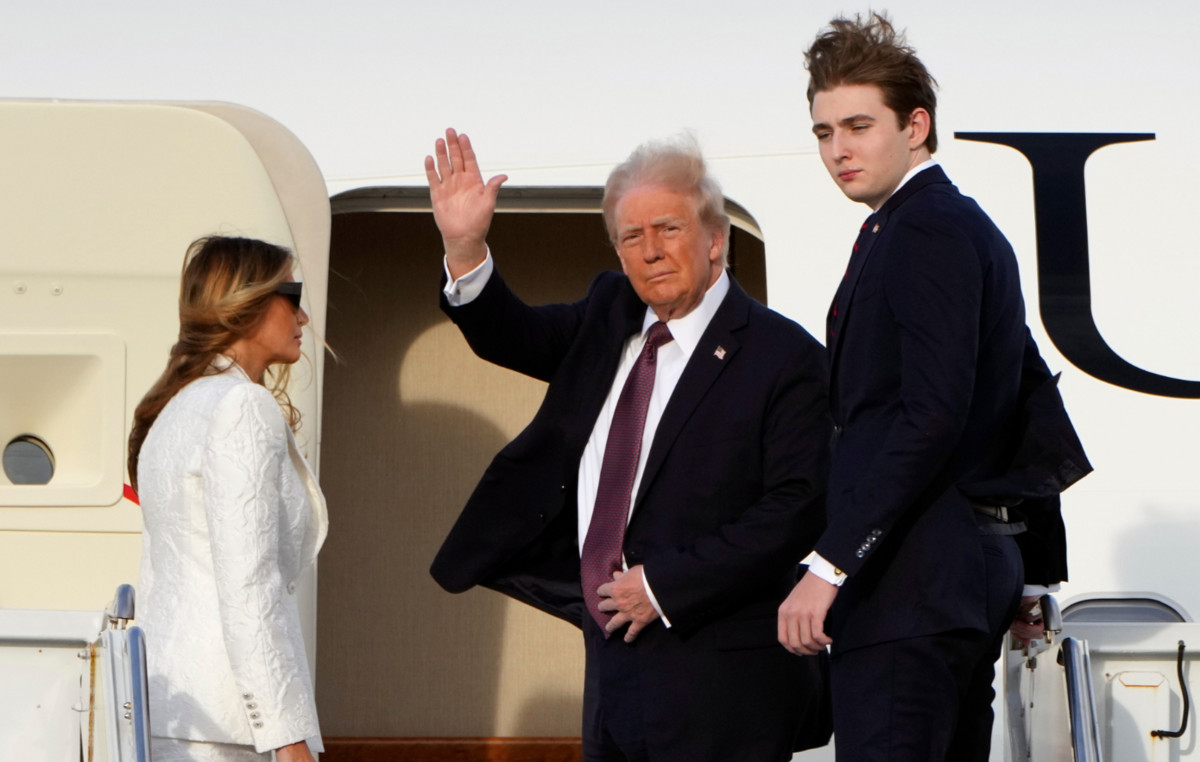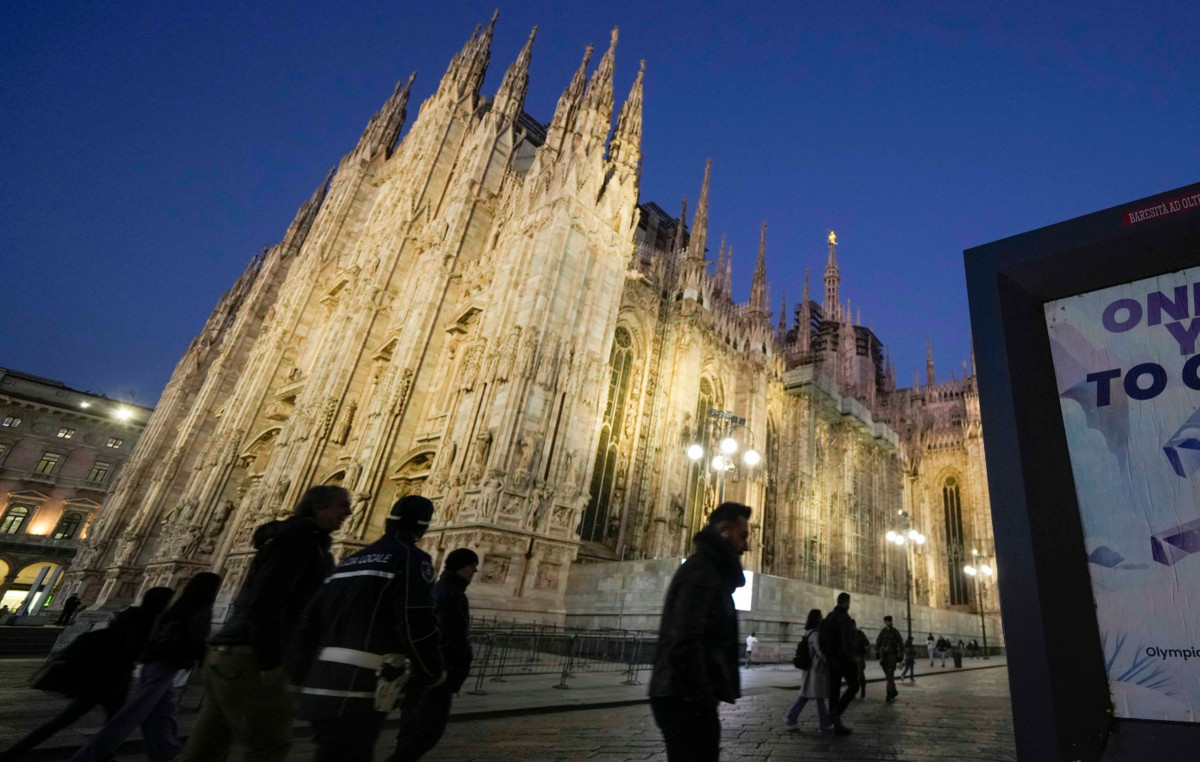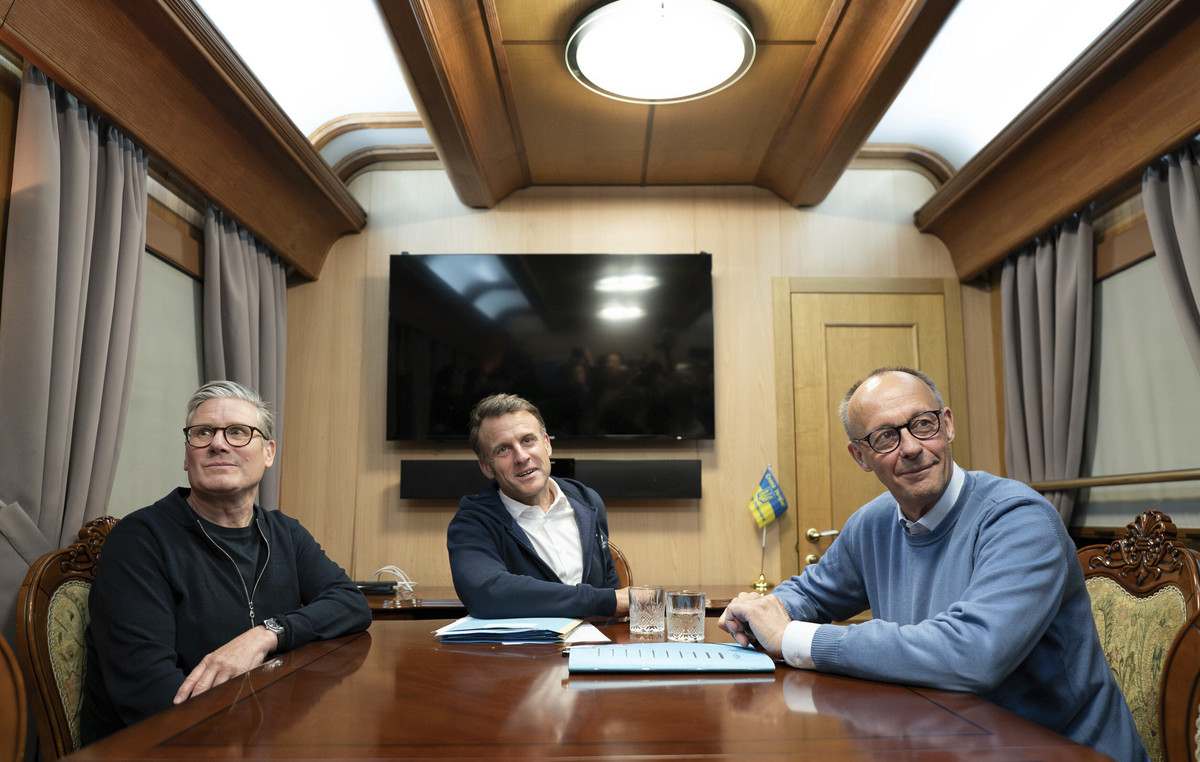The group Makro are you suitcases ready to leave the country – to carry out the strategy, all that remains is to sell the stores that still remain in its portfolio.
After trading most of its units to the giant Carrefour – now the market leader in the country and owner of the cash and carry Atacadão –, it tries to get rid of the points of sale that it still has left. The company is now considering selling to a regional group: Muffato, from Paraná.
Although unknown in most of the country, Grupo Muffato is strong in its home market. Founded in 1974, in Cascavel, in the west of Paraná is currently in sixth place in the sector, with 82 stores, considering the retail brand Super Muffato and the cash and carry retailer Max Atacadista.
Present in 31 cities in Paraná and in the interior of Sao Paulo the company currently employs 19,000 people.
Now, it is getting ready for a new leap with the purchase of 24 Makro units. The business would be his gateway to the capital of São Paulo.
The newspaper Estadão found that the negotiation has been in progress for at least two months, but the hammer has not yet been beaten. There would be the issue of price: Makro wants about R$ 2 billion for the assets, and the Paraná chain would be trying to reduce the value.
The beginning
Muffato is a family business, today managed by the sons of founder Tito Muffato, who created the business with his brother, Pedro, and his brother-in-law, Hermínio. It all started with a small grocery store in the city of Cascavel.
Goods were purchased in São Paulo or acquired through regional industry representatives. At that time, cereals were sold in bulk and weighed on the spot.
The business gained momentum in the late 1970s with the construction of Itaipu power plant , in Foz do Iguaçu, where Muffato opened a store. The network developed in the following decade in the region South a movement that lasted until the mid-1990s.
On March 13, 1996, everything changed in business management. Tito Muffato embarked on a trip on the family plane to the Pantanal, where he would dedicate himself for a few days to fishing, his favorite pastime.
That day, the weather was bad, and the pilot tried to make an emergency landing in Foz do Iguaçu but the aircraft crashed and left no survivors.
The widow, Reni, and three children – Ederson, Everton and Eduardo -, who were 18, 16 and 14 years old, respectively, took over the management of the eight stores and the then 1,500 employees. Today at the helm of the business, in a joint management model, Tito’s children were responsible for expanding to the interior of São Paulo, in 2002.
Discreet, the entrepreneurs, who started working in the company in their childhood, did not want to give an interview to the Estadão. They are also not active on social media. In 2021, the company, which currently has 19,000 employees, reached R$10.6 billion in revenue, a growth of 17% compared to 2020.
Challenges
Now, with the negotiation of the acquisition of Makro units in São Paulo, Muffato can increase the number of stores in the country by almost 30%. But conquering the capital of São Paulo will not be easy.
For Jean Paul Rebetez, retail specialist and partner at GS&Consulting, the venture in São Paulo will have challenges that go beyond making the brand known among São Paulo residents.
“Muffato will get into a fight with very competent people who work not only in cash and carry and food retail, but also in business ecosystems, with credit, CRM and last mile deliveries. Carrefour is an example of this, as is Pão de Açúcar. It’s a challenging area,” she says.
Muffato will therefore face the heavyweights of the market in São Paulo. Carrefour had revenues of R$81 billion in 2021, while Assaí had revenues of R$45 billion, and GPA R$ 29 billion.
In this scenario, the company seeks to position itself in the capital of São Paulo with strategic points – in the realization of the purchase of Makro, it would have units in the neighborhoods of Butantã, Interlagos, Lapa and Vila Maria.
The Dutch group SHV, which owns Makro stores, realized that the business was no longer competitive and decided to put the brand’s stores up for sale.
Matheus Campos, partner at Stocche Forbes Advogados, says that the move is in line with the growth of the food retail segment during the health crisis, which left the major competitors in the sector more capitalized.
“Right now, what drives acquisitions the most is that spending cash for expansion gives a faster return on investment than investing in opening new units. It is an opportunity for those who only opened new stores to be able to purchase points that are already in operation. In this consolidation, smaller companies may conclude that it is a good idea to sell their business to larger competitors”, says Campos.
The information is from the newspaper. The State of São Paulo.
Source: CNN Brasil
I am Sophia william, author of World Stock Market. I have a degree in journalism from the University of Missouri and I have worked as a reporter for several news websites. I have a passion for writing and informing people about the latest news and events happening in the world. I strive to be accurate and unbiased in my reporting, and I hope to provide readers with valuable information that they can use to make informed decisions.







